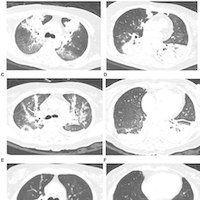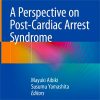External Chest-wall Compression in Prolonged COVID-19 ARDS with Low-compliance
annalsofintensivecare.springeropen.com
SARS-CoV-2 can lead to severe respiratory failure (C-ARDS) with some clinical and radiological characteristics that match the presentation of acute respiratory distress syndrome (ARDS).
The management of mechanical ventilation of C-ARDS does not differ much from classic ARDS, with general aims to maintain adequate gas exchange and prevent ventilator-induced lung injury (VILI) with protective ventilation with low tidal volume (Vt), low driving pressure (DP) and by the use of prone position.
A subset of patients with C-ARDS suffers from a significant reduction in respiratory system compliance (Crs); this seems to be especially represented in C-ARDS patients needing prolonged mechanically ventilation due to unresolving respiratory failure.
Due to this decrease in Crs, even low tidal volumes (i.e., below 6 mL/kg) often produce high DP values given the existing relationship between DP and Crs (i.e., DP = Vt/Crs).
Recent reports also mentioned the paradoxical positive effects of different supine body positions as well as chest or abdominal compression on respiratory mechanics in such patients.















